Category: Economic, social and cultural rights
-
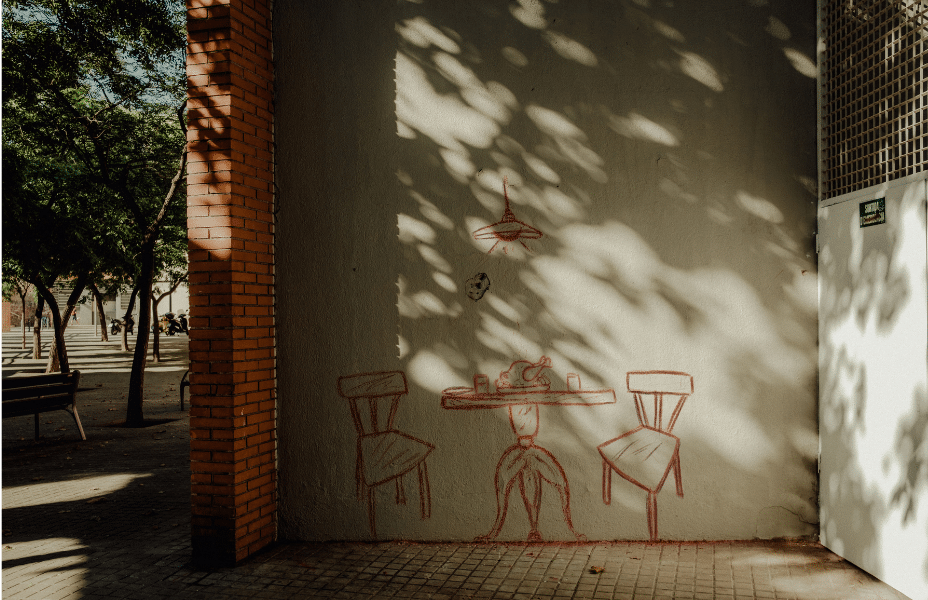
The criminalisation of Houselessness in Belgium: A Punitive and Ineffective Approach
Despite political rhetoric promising solutions, houselessness is an increasingly visible problem in Belgium. Instead of benefiting from a supportive approach, houseless people are often confronted with repressive measures that exacerbate their precariousness. In a Policy Brief published on April 07, ASF sheds light on this worrying dynamic and proposes recommendations for a more humane and…
-
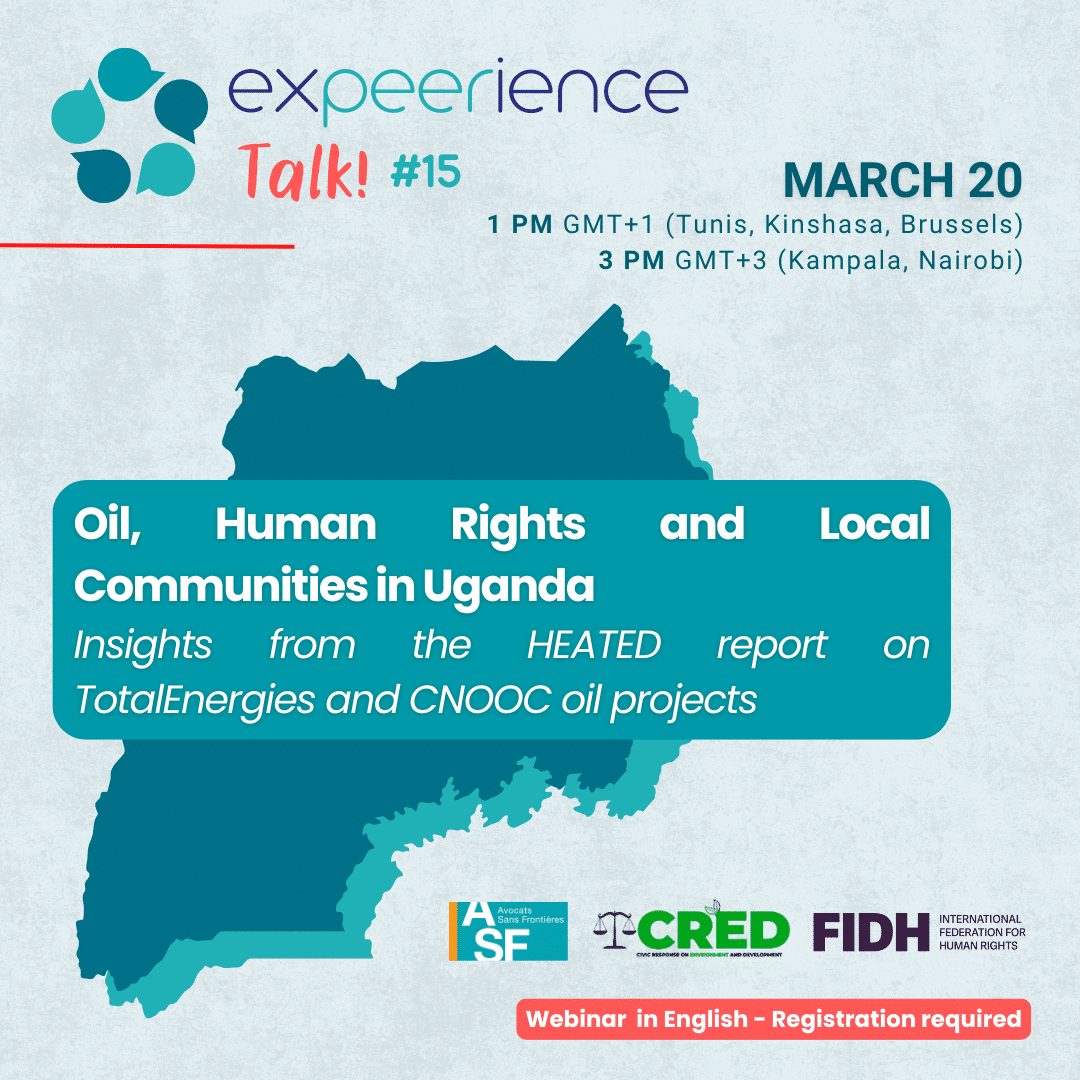
ExPEERience Talk #15: Oil, Human Rights and Local Communities in Uganda – Insights from the HEATED report on TotalEnergies and CNOOC oil projects
As the development of oil projects in Uganda enters a critical new phase, human rights abuses are intensifying. The report HEATED: Human Rights, Frontline Communities, and Oil in Uganda highlights serious abuses affecting local communities, particularly concerning projects led by industry giants such as TotalEnergies and the China National Offshore Oil Corporation (CNOOC). Against this…
-
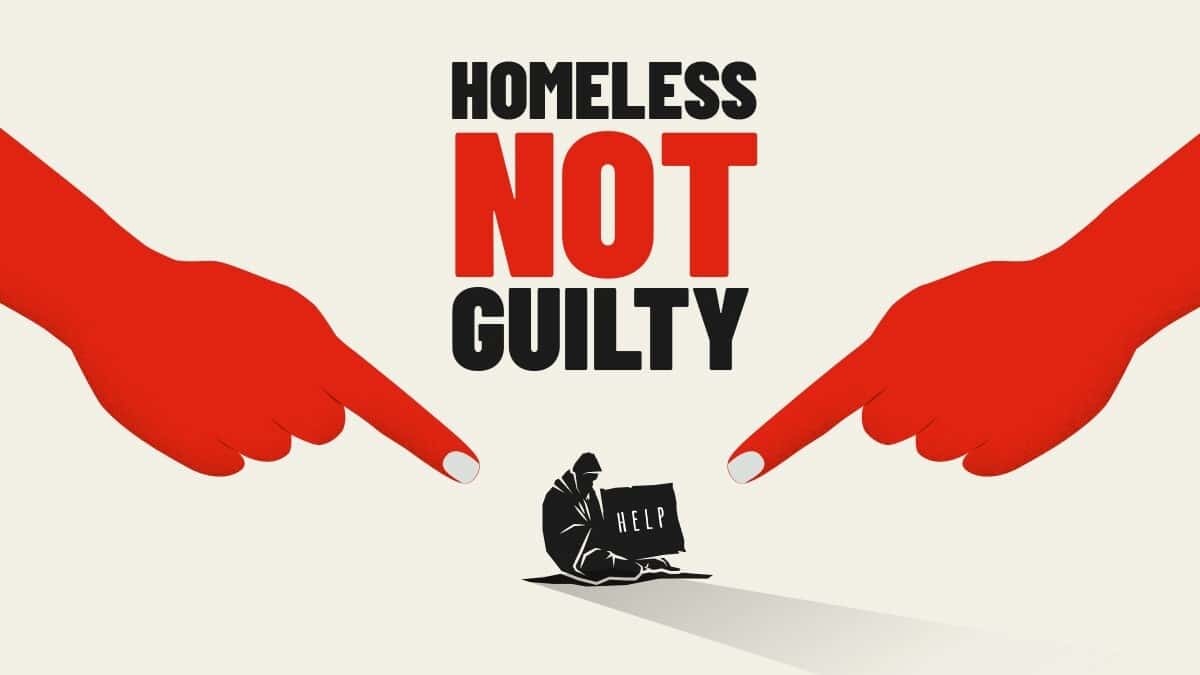
Homeless not guilty: Combating the criminalisation and stigmatisation of homeless people
In a joint report, Avocats Sans Frontières, FEANTSA and the Fondation Abbé Pierre are calling for an end to the punishment and stigmatisation of homeless people in Europe.
-

“Homeless, not guilty”, an online webinar on the decriminalisation of poverty, status and activism
The Fondation Abbé Pierre, FEANTSA and Avocats Sans Frontières are organising an online webinar as part of the global campaign to decriminalise poverty, status, and activism.
-
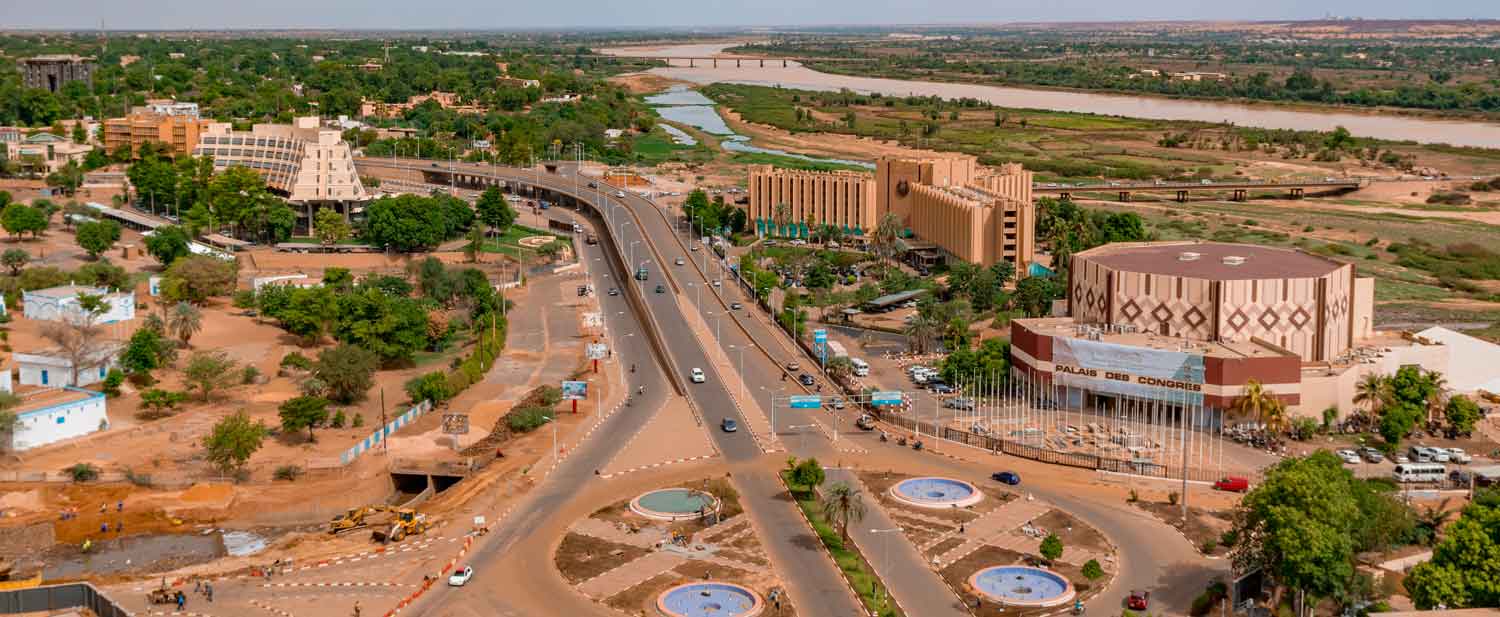
Working in Niger after the coup d’état
Since the opening of te ASF office in Niger in 2023, the country has experienced major political upheaval, including the coup d’état in July 2023. This article outlines how ASF and its partners adapted their action to the evolving context to better accompany local populations in their needs of justice.
-
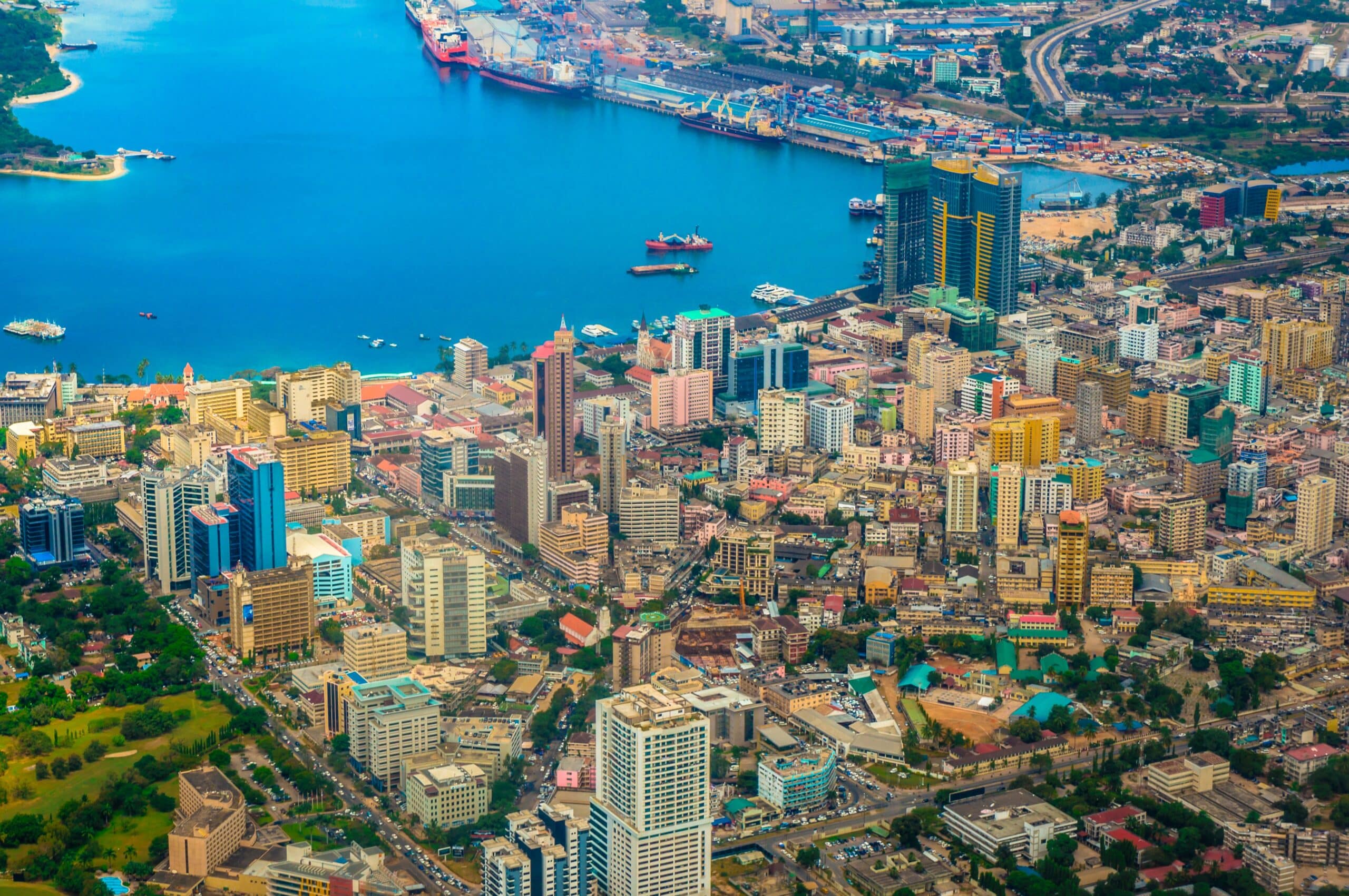
Civic Space in Tanzania and Uganda: A public interest litigation approach
Since 2022, ASF has been implementing a regional project promoting the use of public interest litigation as a tool to bring about positive reforms in the areas of civic space and civil liberties in Uganda and Tanzania. Legislative texts hindering freedom of expression have been identified and challenged, thanks to the actions carried out by…
-

Uganda: Unlocking legal empowerment through economic support to women
Under the FATE project, mini-grants are awarded to women victims of gender-based violence or released from prison, to enable them to develop their economic activity. The aim is to enable these women to reintegrate socially and make her community benefit from her business activity. The individuals and groups supported have a responsibility to further conduct…
-
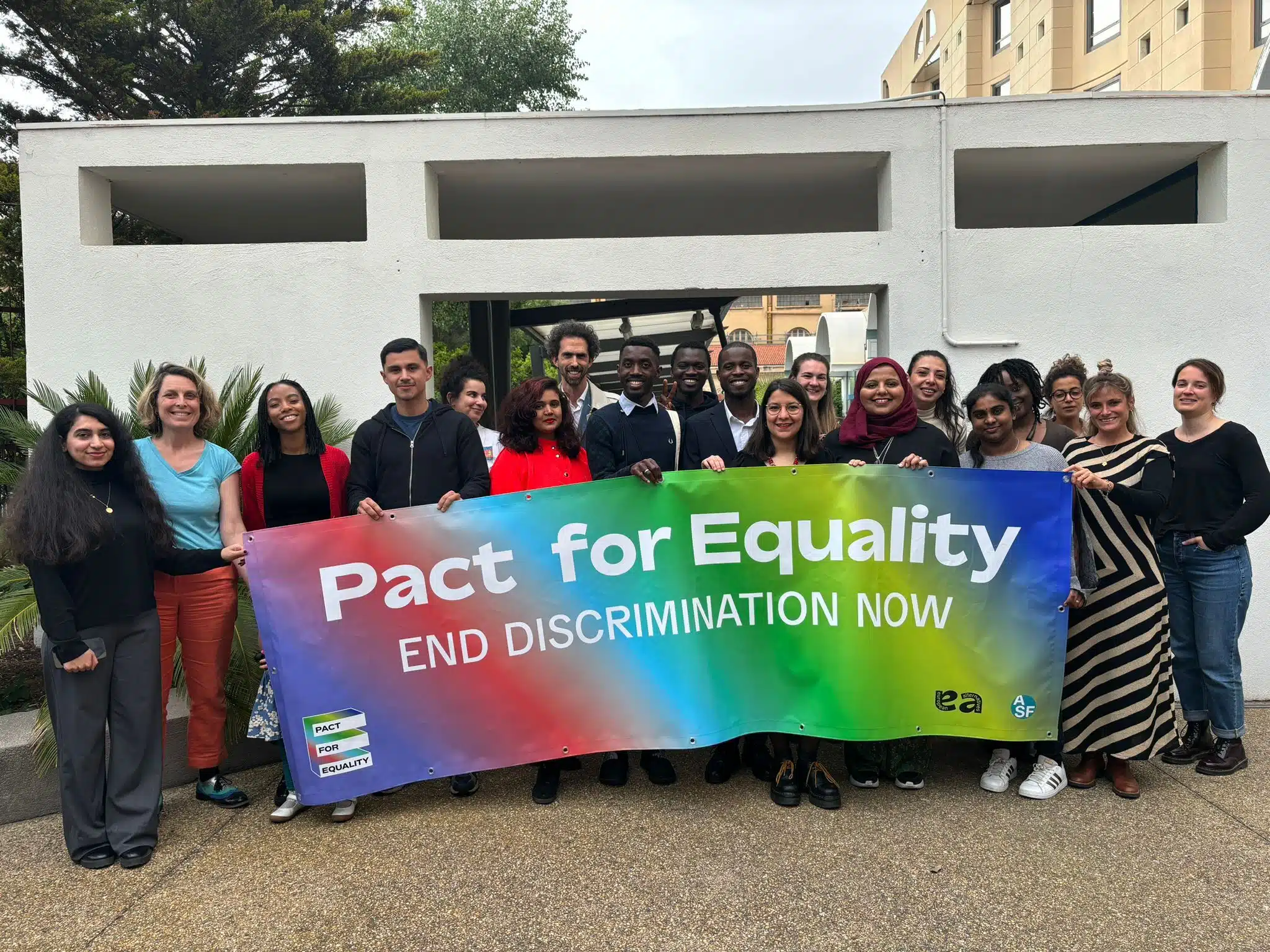
The pact for equality: Engaging members of the European Parliament on anti-racism and anti-discrimination
Avocats Sans Frontières, European Alternatives and a consortium of civil society and university partners are coming together to promote equality and to fight discrimination affecting specifically migrant communities in Europe. The consortium aims to give a platform to racialized individuals and groups as well as people with a migrant background during this crucial election year…
-

No to the introduction of “malicious undermining of State authority” in the Belgian Penal Code
ASF joins more than 500 signatories from associations, universities, the judiciary and civil society in warning of the danger of the introduction in the new Belgian criminal code of the offence of malicious attack on the authority of the State.
-
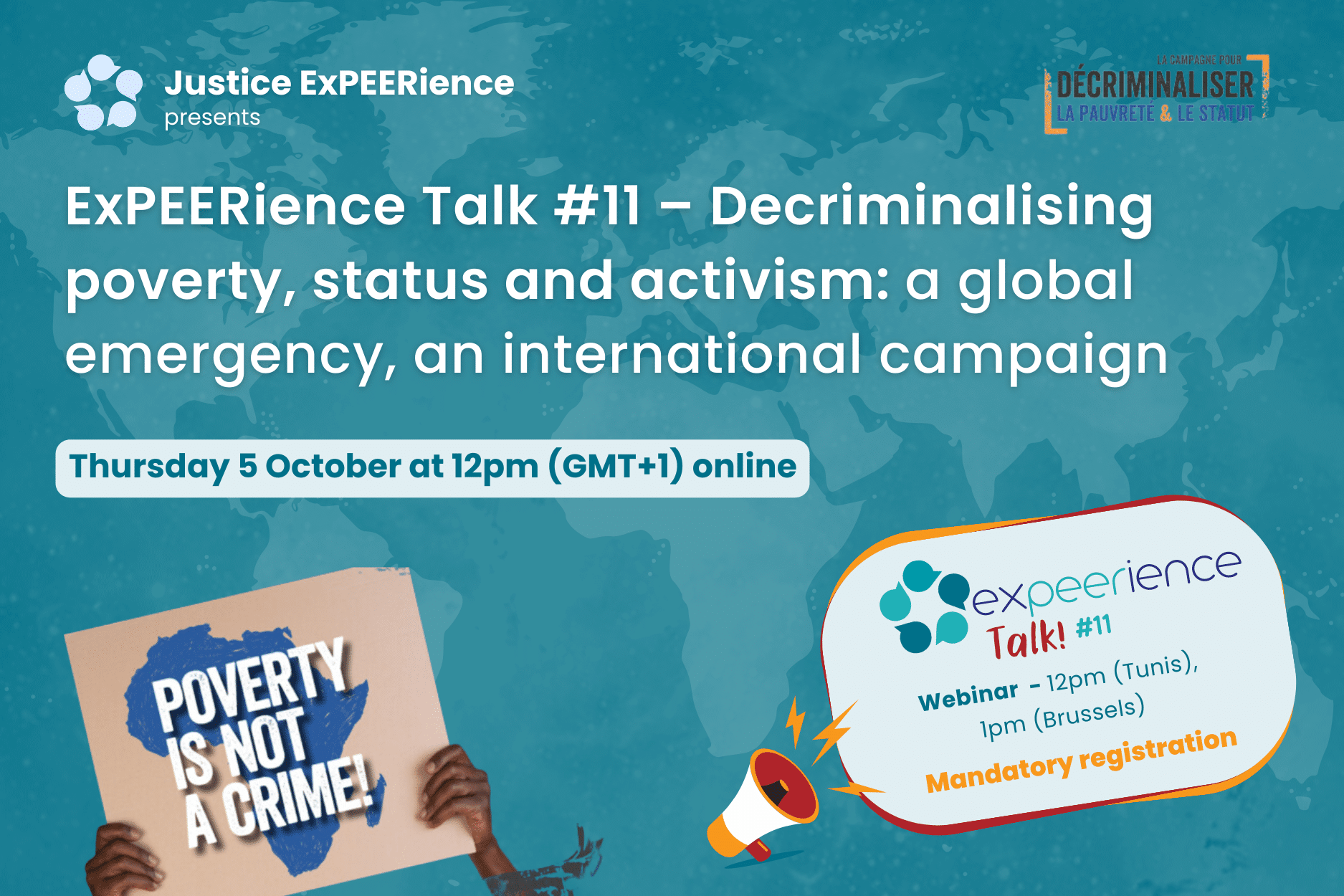
ExPEERience Talk #11 – Decriminalising poverty, status and activism: a global emergency, an international campaign
This 11th ExPEERience Talk will be devoted to the Campaign for the Decriminalisation of Poverty, Status and Activism. Several of its members will present its history and how it operates. They will discuss the challenges encountered and the opportunities presented by the networking of a multiplicity of actors to tackle a global and systemic issue…
